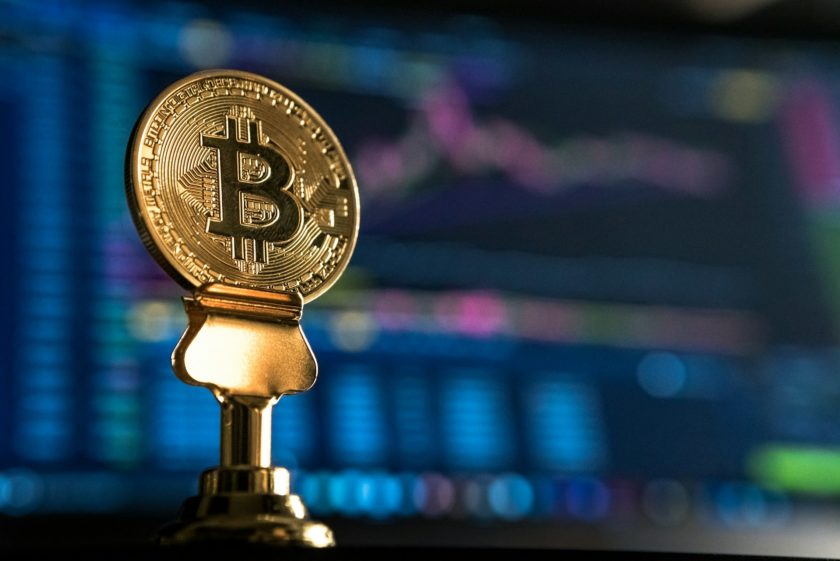The IBM Food Trust ecosystem gained another member this week with the joining of the Sustainable Shrimp Partnership (SSP). The new deal with IBM will use blockchain technology and will provide traceability of SSP shrimp from farm to fork
“Food fraud is on the rise. With complex supply systems, and a global lack of transparency we are seeing too many examples of mislabeling and poor quality products entering the marketplace,” said Jose Antonio Camposano, Executive President of the National Chamber of Aquaculture of Ecuador. “It’s time we change that. Consumers have a right to know where their food is from and how it was produced. By using blockchain technology we can provide complete traceability on our products and our practices – for the first time consumers can have complete trust and assurance on what they are buying.”
As part of the Food Trust ecosystem, SSP’s members, which comprise responsible shrimp producers based in Ecuador, will enter data about how the shrimp is produced onto the blockchain. Ultimately, retailers around the world will be able to see this data and trace it in every stage so that they can ensure the quality of the shrimp they are selling to consumers. SSP plans to enable consumer access via an app, enabling individuals to view provenance data about the shrimp they buy.
Food Trust enables real-time, end-to-end and immutable traceability data of a food product to verify supply chain history; and can also provide verification of the shrimp’s SSP qualification– including confirmation it is zero antibiotic approved and certified to the Aquaculture Stewardship Council (ASC) Standard. Food Trust provides a secured platform to which data can be uploaded and shared, and can help verify the authenticity of product claims. The technology will be accessible to buyers, retailers, and consumers, and allow permissioned parties to have visibility into key product information.
“Our aim is to have SSP premium quality shrimp in supermarkets and on menus where the consumer can scan the QR code and find out which farm it is from, how it was farmed, and key indicators on its food safety and sustainability profile,” added Pamela Nath, SSP Director.“SSP shrimp is farmed to the highest social and environmental standards, and we want to ensure consumers have confidence in these commitments by providing complete accountability. We believe traceability is the future of responsible aquaculture, and we are keen to pave the way for others to follow.”
Blockchain technology has the potential to transform any industry, especially when we have multi-stakeholder environments, businesses and organizations such as in supply chain,” said Martín Hagelstrom, IBM Latin America Blockchain executive. “Working with SSP and its ecosystem of suppliers, distributors and more, can help us ease the pain points of the food industry.”
“When consumers find out that their grocers don’t know where or how their seafood they sell was produced, there will be considerable blowback,” noted Aaron McNevin, Global Network Lead for Aquaculture, World Wildlife Fund (WWF), and SSP Advisory Board Member. “What the SSP is attempting is to provide an immutable and incorruptible record of the chain of custody through a blockchain platform. This is the best available security measure to ensure product is segregated in a manner that retains its appropriate identity.”
SSP shrimp is produced to the highest social and environmental standards – ASC certified, use of zero antibiotics, and with neutral impact on local water quality. With the introduction of blockchain technology, SSP shrimp will be the first shrimp products on the IBM Food Trust solution.
- IBM to Track Fresh Shrimp on the Blockchain – May 8, 2019
- Binance Cryptocurrency Exchange Hacked for 7000 BTC (USD $40 million) – May 8, 2019
- Gate.io Reports Success on First Three Successful IEO Projects – May 8, 2019
- Deloitte and RIDDLE&CODE expand partnership to enable the Token Economy – May 8, 2019
- Alprockz Partners with Fusion Foundation to Accelerate Swiss Franc-backed Stablecoin – May 6, 2019
- Major Canadian Banks Choose Blockchain Solution for Identity Verification – May 6, 2019
- Big Pharma Giant Pfizer and Others Join Life Sciences and Healthcare Blockchain Project MediLedger – May 6, 2019
- Craig Wright Pressured to Produce Evidence of Bitcoin and Blind Trust in the Dave Kleiman vs Craig Wright 1.1 Million BTC Court Case – May 6, 2019
- Facebook Kicks Off with their New Cryptocurrency Project Libra – May 6, 2019
- Vanbex Fights Back Against Asset Seizure in Civil Case by Suing Former Contractor for Libel – May 6, 2019
- Philippines’ CEZA Awards ADAX Rights to Open a Security Token Issuance platform and Security Trading Exchange – May 6, 2019
- Bitfinex $1 Billion IEO Details Leaked – Plans To Use Money To Cover Frozen Funds – May 6, 2019
- Amazon Managed Blockchain Launched – AT&T, Nestlé, and Singapore Exchange Limited Onboard – May 6, 2019
- European Hip Hop and Urban Music Giant To Hold Security Token Offering in Switzerland – May 6, 2019
- TRON Blockchain Cuts Deal with Swarm For Security Tokens – May 6, 2019
- Earn Cryptocurrency and Make Payments While Driving Jaguar’s New Smart Wallet – May 1, 2019
- Mastercard Approves Crypto Debit Card For Tap n Go – May 1, 2019
- Volkswagen to Make Supply Chain Transparent with Blockchain with Hackathon Winner Minespider – April 29, 2019
- Vienna’s RIDDLE&CODE Builds Rock Solid Wallet and Custodial Solution for Swiss Private Bank – April 29, 2019
- Samsung SDS Unveils Enterprise Blockchain Middleware, Nexledger Universal – April 29, 2019






